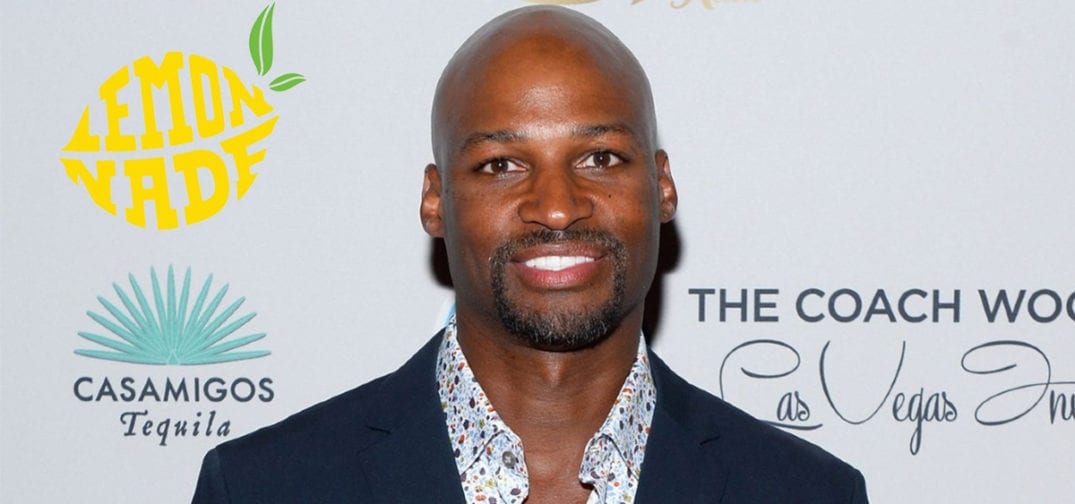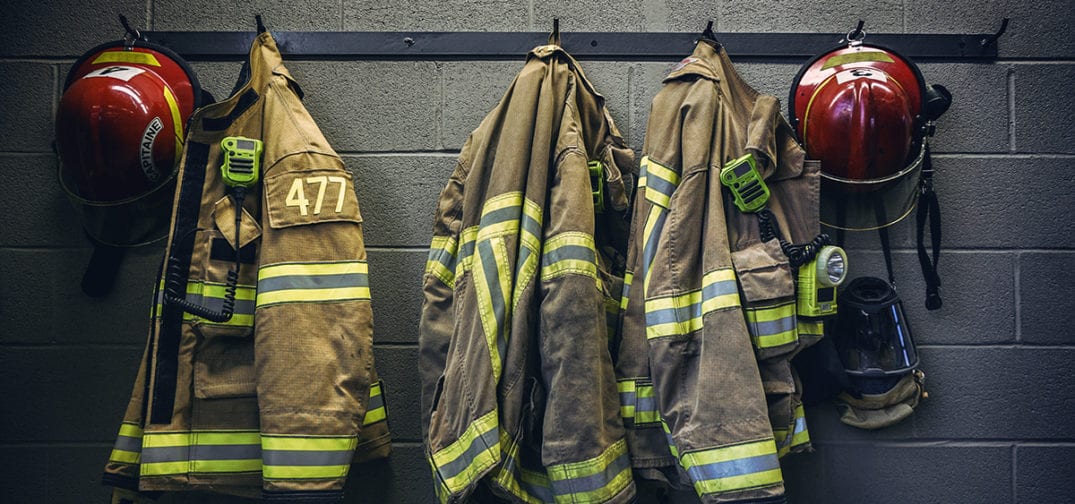In 2010, Jon Early founded Farmacann under California’s medical cannabis law, Proposition 215. The name, he said, is “pretty obvious … farming and pharmaceuticals, and cannabis.”
The following year he filed for a trademark with the U.S. Patent and Trademark Office (USPTO), which he received for the “agricultural consulting aspect” of the business due to federal law preventing trademarks for cannabis-related businesses.
He also holds a trademark on that name in California, which specifies his business is in the cannabis space.
Farmacann’s shift to cannabis products
Around the same time, Early clarified, Farmacann morphed into developing cannabis products for seniors – tinctures and extracts – he even purchased testing equipment to ensure the products met safety standards and remained consistent, years before California required such analysis. At the time, the company was operating under Proposition 215, the medical cannabis law.
In an interview with Ganjapreneur, Early explained that just because the USPTO trademark was for the consulting services it does not prevent him from pivoting operations and the feds never invalidated the trademark.
“In essence, my goal was to evolve and develop senior-serving cannabis products,” he said. “It was really clear to me the path I was choosing in this industry was the ultimate one for me and would be – from the standpoint of demand and desirability from a market.”
By 2012, he would launch an online dispensary called Garden Gateway and offered overnight delivery within the state. He explained that, at that time, federal law had not explicitly prohibited in-state cannabis delivery but did ban the practice in 2017, which forced Early to shut down the service. Early said that his business was “no longer tenable” under Proposition 64, the broad legalization law passed in 2016, and the town he lived in, Sonoma, did not allow adult-use cannabusiness operations.
But it was in 2015 that Early first heard about Chicago, Illinois-based Pharmacann, which he said caught him off guard. “Did they even research?” he thought.
“How or why did they even do that?” he said. “They knew we would end up in a conflict.”
In spring of 2015, Early, through his attorney, would send a letter to Pharmacann – which was ignored – and another. Both letters sought to bring Pharmacann “to the table” to hash out the potential legal issues around the name.
This correspondence, and others included in this story, has been independently verified by Ganjapreneur. Pharmacann has not responded to requests to comment on the trademark issue with Early.
“When they did respond they were very defensive, very aggressive,” Early said.
Pharmacann’s trademark filing denied
Once the Chicago-based firm applied for their own trademark, Early officially opposed the filing and it was ultimately denied by the USPTO; although, Early is unsure whether his opposition played a role in that denial or simply that Pharmacann had included “marijuana” and “cannabis” in its federal filing, running afoul of the law.
Shortly thereafter, Pharmacann would move to change its name to “Pharmacannis” and file to trademark that moniker. That filing focuses on “downloadable electronic books in the field of the use of medical marijuana, growing marijuana, business and legal issues related to the operation of medical marijuana dispensaries; downloadable electronic books in the field of natural, holistic and alternative therapies,” according to documents associated with Farmacann’s opposition. And within the last year, Pharmacann would file its own opposition notice to Early’s mark claiming that the Farmacann mark was no longer enforceable. Pharmacann claimed that Farmacann no longer offered consulting services and has attempted to argue that they never did.
“Which is bullshit. I consulted all over the world,” Early said. In the trademark-related filings, Early lists clients in South Africa, Zimbabwe, Colombia, and Brazil.
“Where we’re at right now,” he explained, “they are playing the classic lawyer game.”
Conflict seems inevitable
Although the two companies are not in court over the issue – yet – the case is in front of the USPTO Appeal Board. Early is concerned about the prospects of the matter reaching federal court, because it would get “really nasty and really expensive,” Early said.
One of the tactics being used by Pharmacann during this process is the use of what Early describes as “very invasive and demanding” questions about Farmacann’s business operations from as far back as 2010.
“Just impossible, like, ‘When and how did you first learn about Pharmacann from Chicago’s existence?’ They want a name, a time, a place. … How do you recall that information? … Another document is 50 or 60 questions, and every question is insanely invasive. Do you expect me to be able to go back 10 years? It’s not like I’ve got a Library of Congress!” – Early to Ganjapreneur
Early says Pharmacann knew they were “wreaking havoc and running up the tab on our end.” He said that his attorney has met with Pharmacann’s attorneys only once and during the meeting the opposing counsel was “arrogant” and “hostile.” And as time went on Early realized the dispute would be “harder and harder to untangle” as Pharmacann would have signage and other branding with the name. That far-reaching branding, Early said, makes harder his plans to expand Farmacann nationally as more states come online and federal law “gets clearer” but he fears reprisal from the multi-state operator.
“So, I’m in this pickle – I’ve got to defend [the name] but I don’t feel like I should have to,” he said. “It’s them who should be on the defensive.”
Currently, the issue is still in the discovery phase of the federal trademark dispute process. In documents filed with the USPTO, Pharmacann claims that Early’s mark is unlawful due to the nature of his business and has asked the agency to dismiss Farmacann’s claim to the trademark.
The case remains unresolved.
























